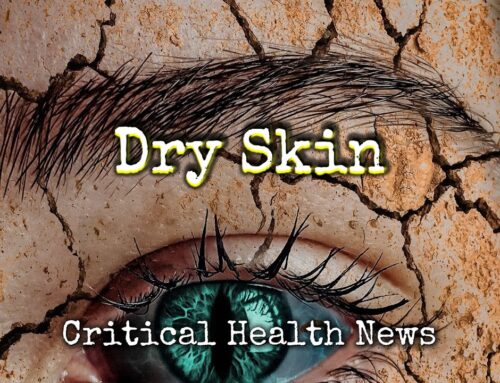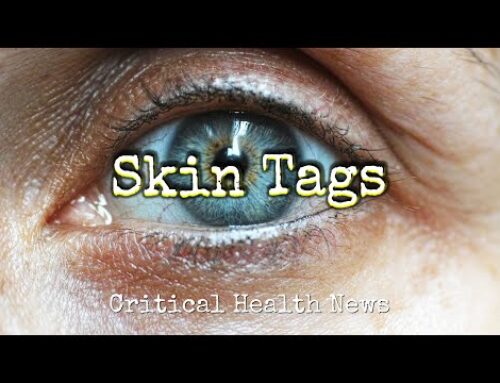The human body is made up of trillions of cells of over 200 types. Yet somehow, they’ve gotten together in such a tightly coordinated fashion, that we hardly ever think about the fact that we’re made up of such a vast number of independent working parts. For this coordination to effectively take place, these solitary cellular beings must have a way of communicating, in essence, talking to each other to let each one know what is required of them to contribute at any given moment, to assure the coherent functioning of the body’s various tissues, organs and structures.
This system relies on commands which are communicated via chemicals called, “signaling molecules”, that basically tell a cell to perform. All cells in the body are responsive to signaling molecules. That includes the keratinocytes or skin cells. One of the most important skin cell signaling molecules is vitamin A, a name given to a family of chemicals that influence every type of cell, including skin cells.
These signaling properties of vitamin A exert dramatic effects on skin cell growth and development. Deficiencies can result in a wide range of cutaneous issues including, accelerated aging, psoriasis, acne, eczema, cancer and keratosis pilaris, also known as chicken skin. The fact that the body cannot produce it, makes using topical retinol and enjoying fish, dairy, eggs, other vitamin A containing foods and using supplements a must, especially for addressing or preventing skin health issues of all kinds.










